Year of the Olympics
The first Olympic Games in modern times were held in Athens in 1896. As of that date, every four years athletes from all over the world compete under the motto “faster, higher, stronger,” chosen by Baron Pierre de Coubertin, founder of the modern games. Since then, with the exception of the XII and XIII games that were canceled during the Second World War, the attention of the sports world has been focused on the competition held in the host city designated by the International Olympic Committee, as was the case of Mexico City in 1968.
In 2012, just a few days before the XXX Olympic Games begin in London, Mexicans are wondering how many medals we will win. Of course, it is hard to tell, but if we look at the Olympic medalists in our country from the point of view of teamwork, we will discover some rather surprising results. Mexico has won 55 Olympic medals over the course of its history, 12 of which have been gold. Of those 12 medals, only one was for a team competition. It was won by the equestrian team at the 1948 Summer London Olympics in a discipline that took into account the total number of points of each athlete in the individual jumping competition.
Working group or Teamwork
Los resultados de los deportistas mexicanos nos sirven para hacer una reflexión sobre por qué se obtienen mejores resultados en las competencias individuales que en las competencias de conjunto. La respuesta apunta a raíces culturales e ideológicas.
Cuando uno piensa en ser profesionista (economista, administrador, actuario, contador, abogado, ingeniero, doctor, etc.), piensa también en la manera de adquirir distintos tipos de conocimiento, de incrementar la gama de capacidades técnicas, y de ejercitar el razonamiento analítico, pero todos estos objetivos se basan en el esfuerzo individual. Tanto en la educación media como en la educación superior, pocas actividades o tareas se hacen como trabajo en equipo, y cuando las hay, generalmente los alumnos se reparten el trabajo y lo unen al final para sumar las aportaciones individuales, de la misma manera que el equipo ecuestre de Londres en 1948.
Ahora bien, cuando una persona empieza a trabajar y a aplicar lo que aprendió en la universidad, al mismo tiempo está consciente de que su desarrollo profesional será basado en la competencia individual que impone el mundo laboral actual. Al paso del tiempo, ese estudiante que se convierte en trabajador se encuentra con situaciones en las que sus actividades requieren el apoyo de otras personas o áreas de empresas e instituciones y tiene que integrarse a un grupo de trabajo.
Si el grupo de trabajo obtiene resultados positivos, el reconocimiento es de todo el grupo, o al menos así debería de ser; pero si los resultados son negativos, ¿la responsabilidad también es de todos? Probablemente entre los miembros del grupo de trabajo habrá distintas opiniones sobre quién pudo tener una mayor responsabilidad por un resultado que no fue el esperado. Si el reconocimiento en caso de un resultado positivo y la responsabilidad en caso de un resultado negativo es de todos los integrantes, hablamos de trabajo en equipo. En cambio, cuando tanto el reconocimiento como la responsabilidad se diluyen entre los integrantes, nos referimos a un grupo de trabajo.
La diferencia pareciera trivial, pero no la es, ya que la impresión que se genera en los integrantes de un equipo, en lo individual, puede generar un concepto negativo y afectar gravemente los incentivos para trabajar en equipo. En particular, en el momento de establecer las metas que hay que alcanzar, debe quedar claro para todos los miembros que, en un equipo de trabajo, todos ganan y todos pierden, dependiendo del desempeño colectivo.
Conditions for teamwork
There is a well-known definition of teamwork: “A small number of people with complementary skills, who are committed to a purpose, a set of goals and a common orientation, for which everyone is responsible.” Every member of a work team should know this concept: a team is much more than the sum of its parts or the individual contributions of each member.
First of all, the complementary skills or different capacities of the work teams must be understood, accepted and taken advantage of for the benefit of the collective. We can classify the skills of an efficient team into three groups: 1) technical or operational experience that is generally more developed in individuals since it incorporates all the knowledge acquired in secondary and higher education and even in most post graduate studies; 2) analytic capacity to make decisions and solve problems, which also is part of academic training and professional development, and that expands as the members of the work teams gain experience in leadership roles; and 3) personal skills, which are usually not acquired in formal education nor developed as one’s professional life progresses. Skills that are indispensable for the proper functioning of a work team include: how to accept constructive criticism; recognizing the interests and accomplishments of others; giving people the benefit of the doubt when their ideas may be different than one’s own; maintaining objectivity and learning to take risks. Unfortunately, these skills are not talked about or assimilated in a uniform manner in our country. (In group sports, the lack of these skills in a team provokes friction, differences and even ruptures between the members, causing what is known as a bad locker room atmosphere).
Secondly, mutual accountability transforms a work group into a work team, where accountability becomes collective rather than individual. This transformation requires trust and commitment on the part of its members. In our country, the misunderstood concept of competitiveness and individualism does not help to develop a team-oriented environment that focuses on both individual and mutual accountability. The idea of mutual responsibility is linked to the group’s performance as a whole, which must be evaluated in terms of the team’s goal and commitment. For example, in a soccer game, all the members obtain the same result as the team, regardless of the individual performances of each player. Has anyone ever witnessed a situation when the defense loses, the midfielders tie and the front line wins?
Thirdly, together with the complementary skills, mutual responsibility and common goal of a team, the corporative and institutional aspects of each company play a central role as promoters of teamwork. For a team to be successful in a professional environment, management must deal with two questions: How do I handle the work teams? Does the company truly support teamwork? The first answer has to do with the leadership profile and the way in which the agents of change lead their teams so that they work together with all areas of the company – to avoid the creation of power fiefdoms that are very dangerous to teamwork. The answer to the second question is related to the culture that the company instills among its workers through activities that foster the integration of employees and systems of recognition and performance that encourage collective results rather than individual ones. (Traditional schemes favor individual over team recognition.)
Finally, teamwork is a necessary condition for companies to improve their performance level. This conclusion is based on the premise cited at the beginning of this section: “The results of a work team will be better than the sum of the results of its individual members. “
It is possible to work as a team?
The question we began with was whether we know how to work as a team. The answer is more than simply a negative one, as we have seen in this paper. Various studies point out that the Japanese and the Germans are the best team workers, according to criteria such as mutual responsibility, recognition of complementary capacities, a common purpose and goals for collective performance.
Both Japan and Germany suffered the devastating effects of the defeat of World War II and rebuilt their countries based on the concept of teamwork, which was widely accepted by the people. Teamwork combined with other cultural and economic factors explain their recovery and demonstrate to the rest of the world that it is possible to work as a team.
We understand that it is easier to cultivate analytical skills and increase technical knowledge than to improve the ability to interact with people. It is also less risky to assume one’s own responsibilities than collective responsibilities and that entrenched individualism inhibits participation in work teams. However, the positive results – the cases of success in other parts of the world and the benefits that teamwork generate – make it evident that companies and institutions in our country must provide organizational support to promote multidisciplinary work teams. It is important for Mexican leaders to reflect on this. These elements form the basis so that we stop acting as individual components of a work group and become genuine players. In this way, we will contribute to building successful work teams in our professional lives.?

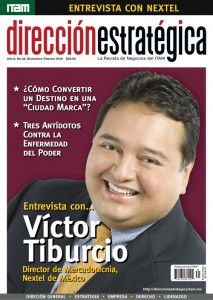
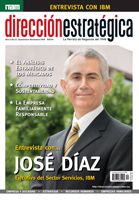
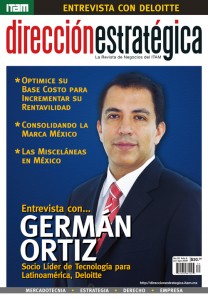
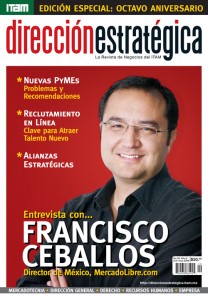
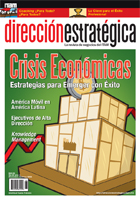
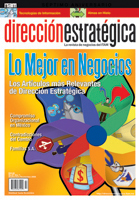
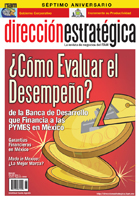
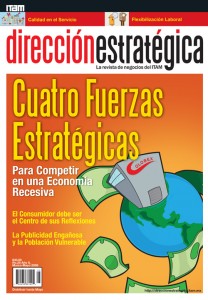
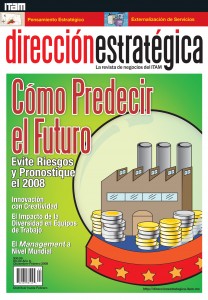
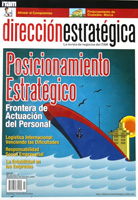
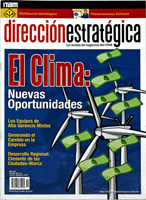
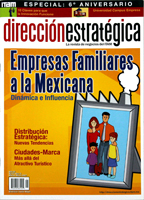
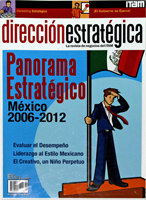
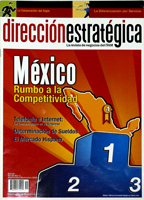
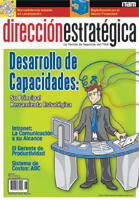
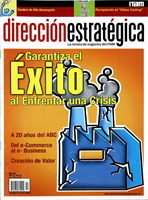
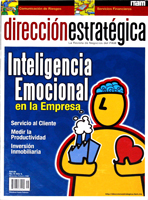
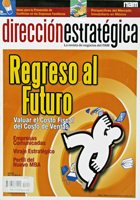
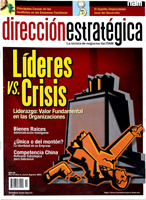
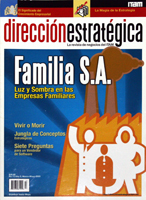
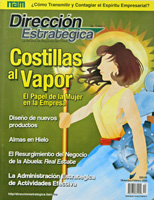
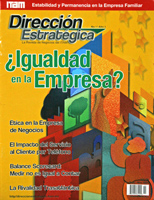
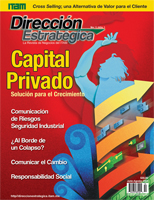

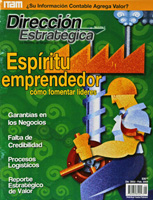
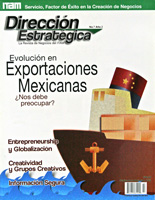
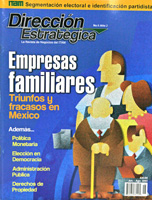
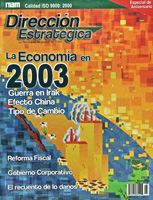
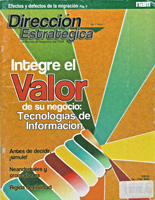
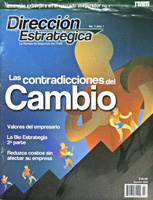
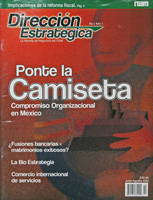
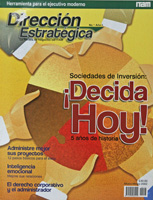
2 Comments
La individualidad de los mexicanos ha sido objeto de estudio desde hace mucho tiempo, sin duda uno de los mejores trabajos es “El Laberinto de la Soledad” y recientemente leí un artículo en la revista nexos donde se nos califica como “Liberales Salvajes” cuya característica principal es el individualismo, la falta de confianza en las personas “ajenas” a nuestro circulo y nuestra dificultad para generar comunidad.
La pregunta es: cómo lo cambiamos? Sabemos que el trabajo en equipo genera mejores resultados y mas rápido, pero aun así seguimos viendo actitudes individualistas en cualquier ámbito de nuestra vida cotidiana.
Mi respuesta es: generando conciencia en las nuevas generaciones y procurar llevarla a cabo cuantas veces nos sea posible.
Creo que ahora “muchas” personas estamos conscientes de ello pero también creo que aun somos minoría.
Saludos
Si bien es cierto que nuestras ideologias o costumbres nos han llevado a la practica individual la cual la llevamos a cabo en nuestro espacio laboral, lo cual muchas de las veces es algo positivo porque nosotros forjamos nuestro propio camino y podemos demostrar nuestras capacidades.
Por otro lado, el trabajo en equipo es hoy en dia de suma importancia en las empresas ya que los procesos productivos requieren que exista coordinacion entre areas y/o tareas dentro de un departamento laboral con el fin de que exista un buen clima organizacional y finalmente todo el esfuerzo de quienes laboran dentro de una empresa se vea reflejado cuando se obtiene la aprobacion de los consumidores.